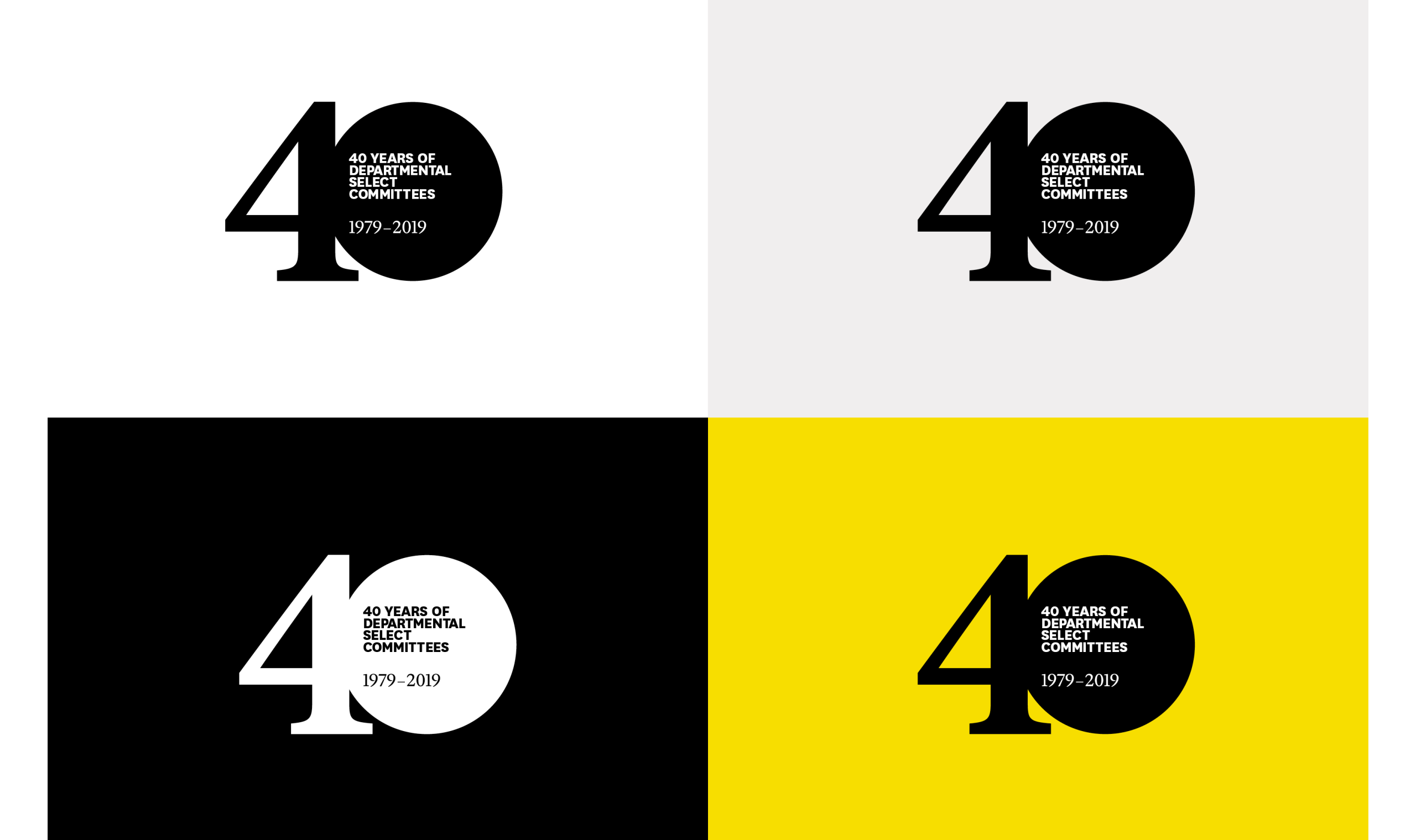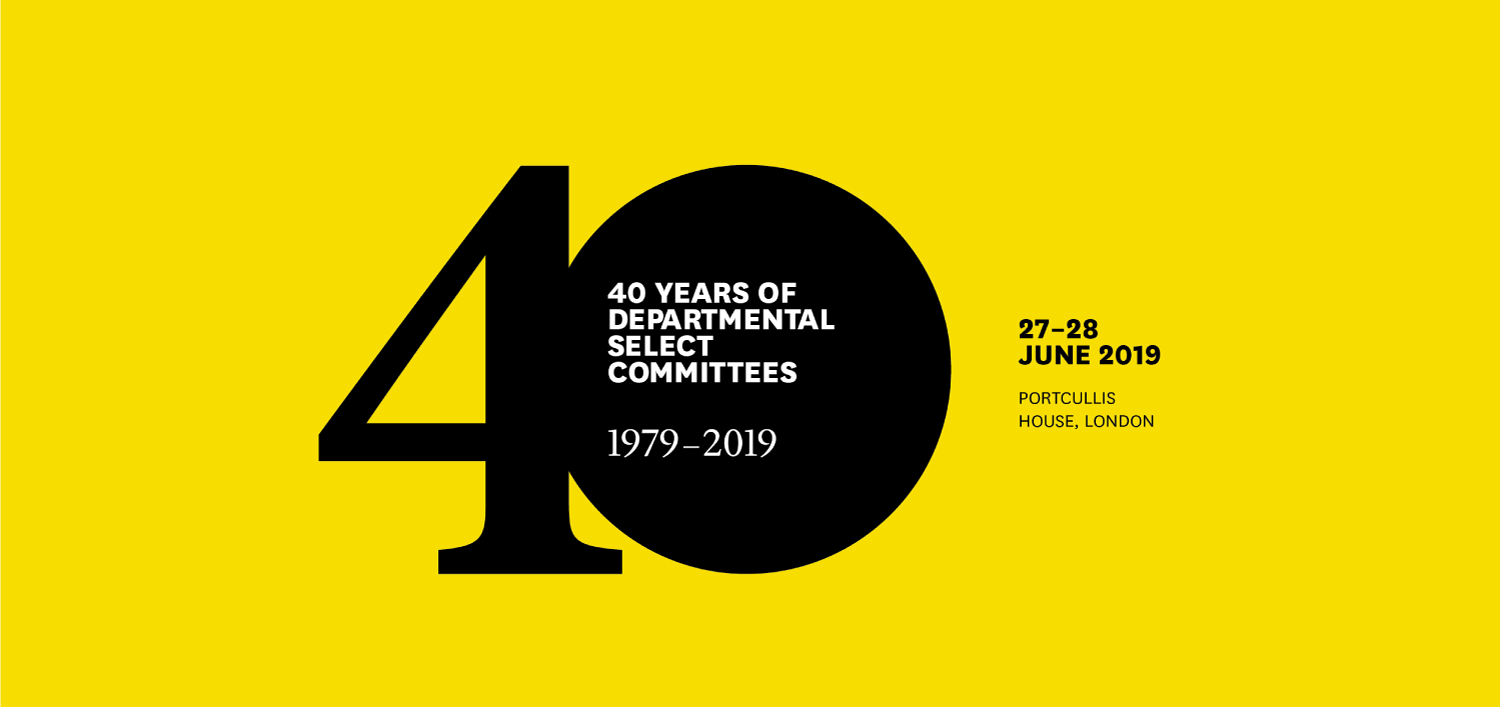
Celebrating 40 years of the Departmental Select Committee
The House of Commons and the Study of Parliament Group held a major two-day conference to mark the creation and development of the departmental select committee.
About
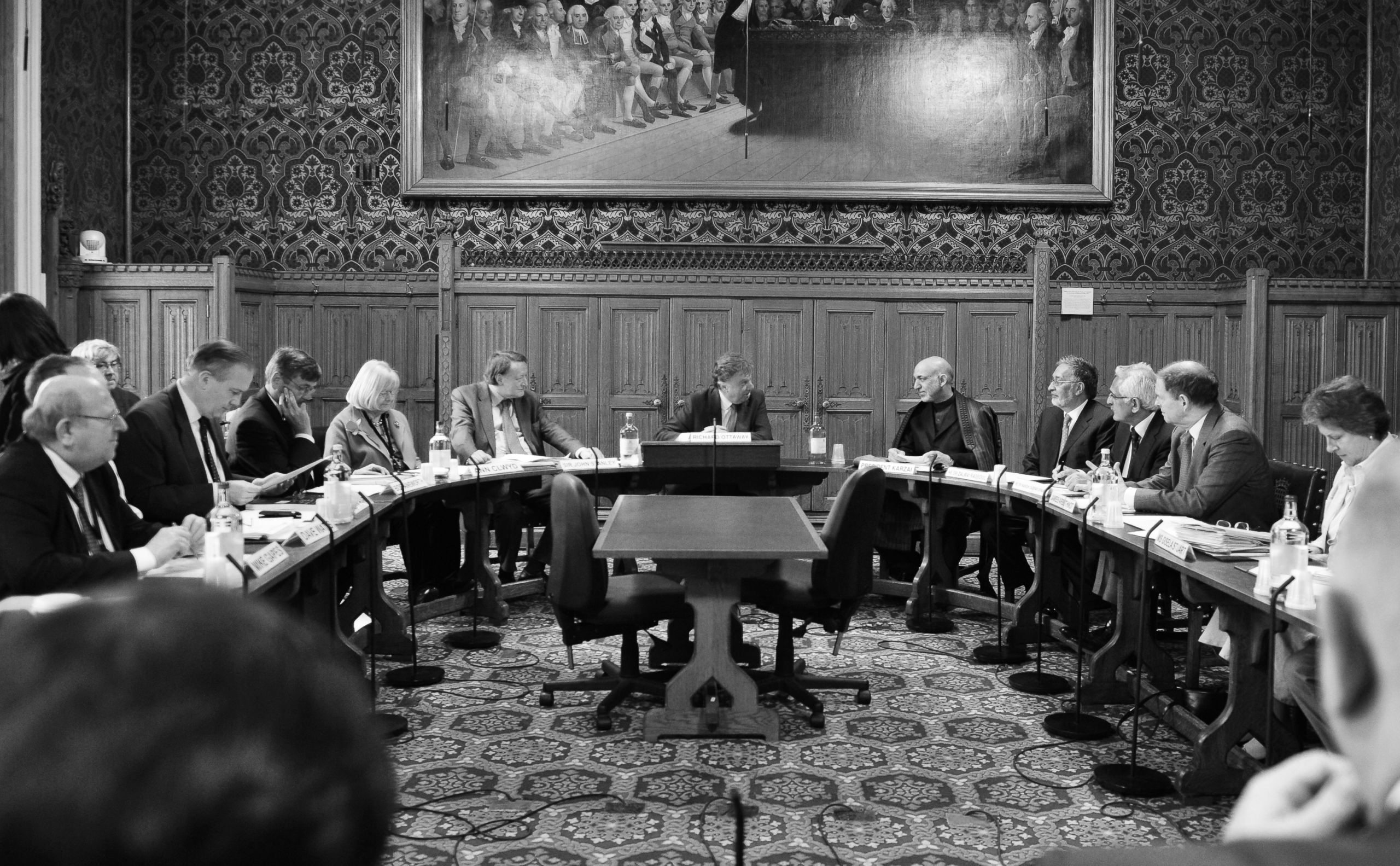
On 25 June 1979, speaking in the debate to establish the first departmental select committees, the then Leader of the House Norman St John Stevas declared that the House of Commons was “embarking upon a series of changes that could constitute the most important parliamentary reforms of a century”.
Almost forty years to the day, the House of Commons and the Study of Parliament Group held a major two-day conference to mark the creation and development of the departmental select committee on Thursday 27th and Friday 28th June 2019. The conference was a chance to showcase and celebrate the work of committees, as well as to reflect on their effectiveness and how they might need to evolve in the future.
Speakers were drawn from academia, Whitehall and civil society and include current select committee chairs and current and former House of Commons staff. Over the course of the two days, there was a mixture of plenary and break out sessions, ‘in conversation’ and panel sessions and case studies from committee staff on recent select committee innovations. The first day concluded with a keynote speech from Dr Sarah Wollaston, Chair of the Liaison Committee.
The event was hosted by the House of Commons and organised in collaboration with the Study of Parliament Group. The Study of Parliament Group brought together parliamentary officials with academics who research and write about parliament. It includes representatives from the Hansard Society, the Institute for Government and the Constitution Unit at UCL.
Keynote Speech and
Conference papers
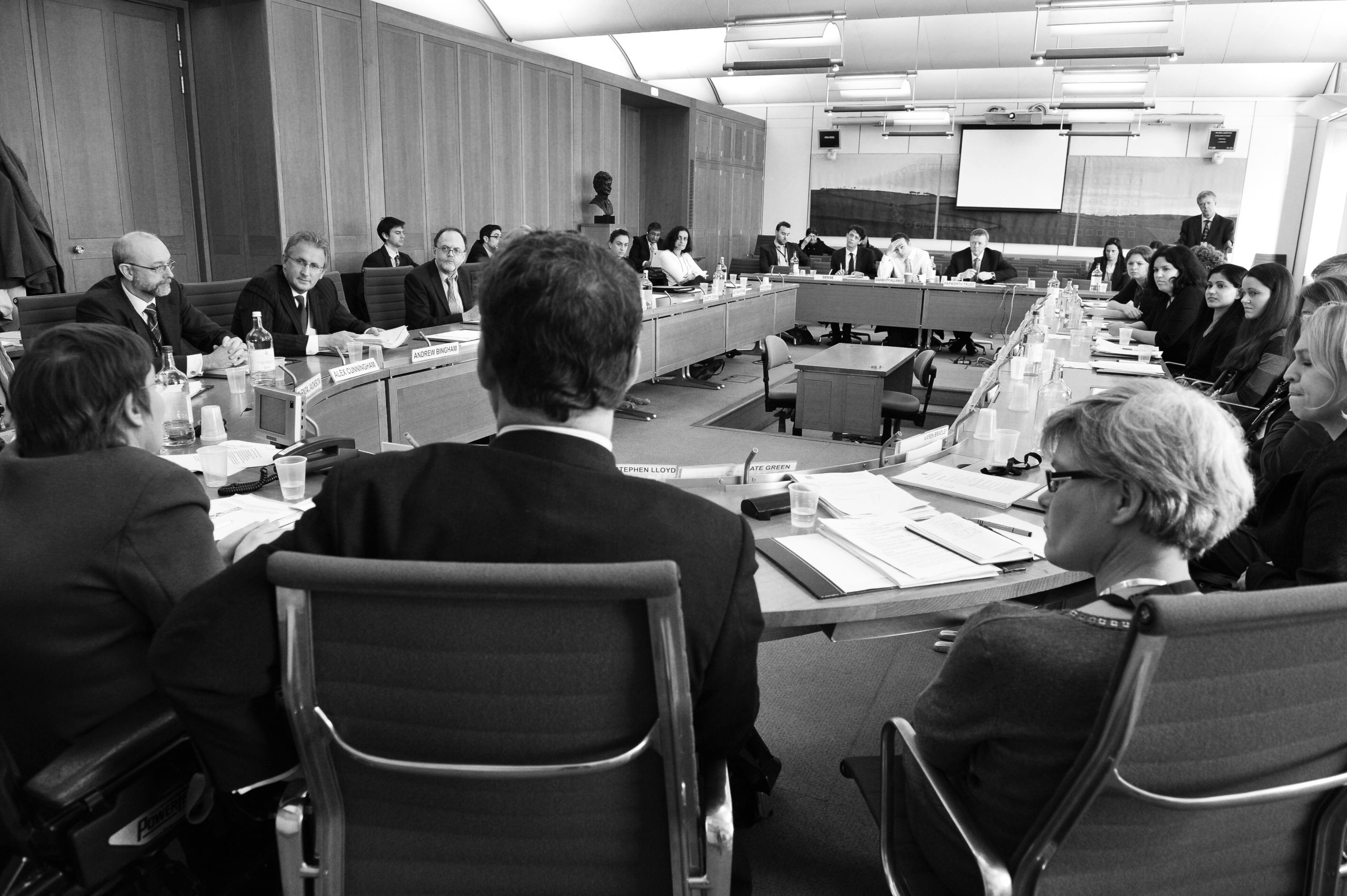
Michael Ryle was a House of Commons Clerk, serving from 1951 until his retirement in 1989, when he had reached the post of Clerk of Committees, in charge of the House's system of select committees. He founded the Study of Parliament Group in 1964 with political scientist Bernard Crick. Following his death in 2013, his life and work has been commemorated each year with a lecture on a current political theme. The 2019 lecture was given at the 40th anniversary conference on 27 June by Dr Sarah Wollaston MP, Chair of the House of Commons Liaison Committee, on the theme of ‘The Good Committee’.
The following papers have been produced for the 40th anniversary by members of the Study of Parliament Group and former and current House of Commons staff.
- The staffing of departmental select committees - Jacqy Sharpe
- The smoking ban - David Harrison
- The 1976-79 Procedure Committee in context: some reflections by the Clerk of the committee - Bill Proctor
- Evolution and changing composition of departmental select committees - Richard Kelly and Elise Uberoi
- Select committee reform: shifting the balance and pushing the boundaries - Lucinda Maer
- Reform and consolidation: A new perspective on Commons select committees, 1960-1980 - Philip Aylett
- A means to an end and an end in itself: Select committee membership, parliamentary roles and parliamentary careers, 1979 to present - Steve McKay, Mark Goodwin and Stephen Holden Bates
- Select committees and Brexit: Parliamentary influence in a divisive policy area - Philip Lynch and Richard Whitaker
- The territorial select committees, forty years on - Dr David Torrance and Dr Adam Evans
- Getting the public in the House: Do the public want to be involved with select committees? - Naomi Jurczack and Stephen Elstub
Programme
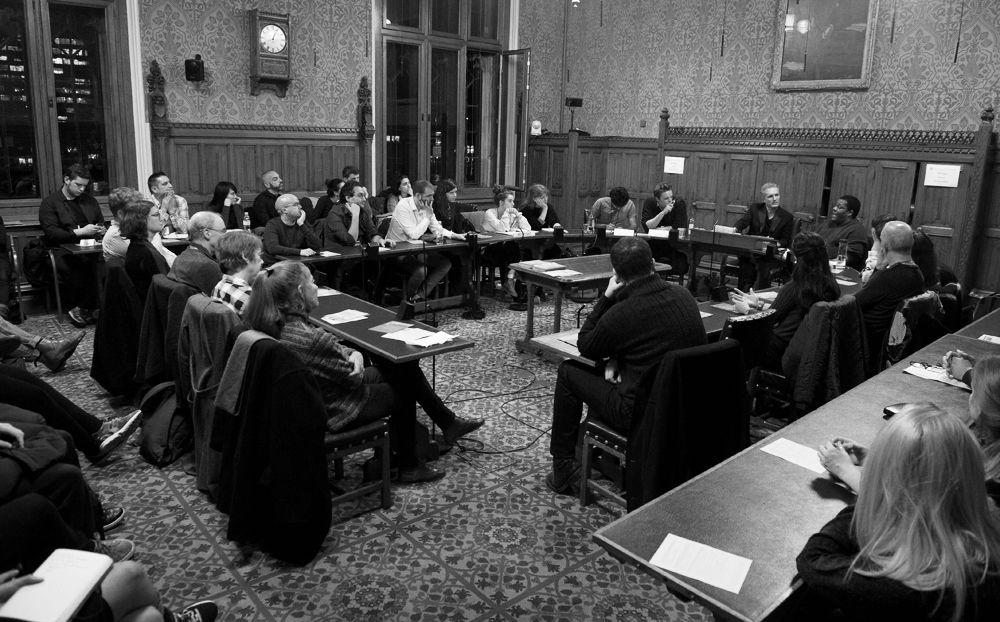
For full details of the day you can read our programme, we have included videos from the sessions with any relevant presentations
Thursday
Session 1 - Mark D’Arcy in conversation with select committee chairs.
Session 2 - History, origins and early days of select committees
The SPG and the new select committees
Session 3 - Digital reach and reports of the future
Digital Reach and Reports of the Future
Session 4 - Break out sessions
Session 5 - Development and reform
Session 6 - Brexit and select committees
Session 7 - Michael Ryle Memorial Lecture
Friday
Session 1 - Impact: view from Whitehall
Session 2 - Putting lived experience at the heart of committee work
Session 3 - Impact: view from the outside
Session 4 - Getting the public to help decide inquiries
Getting the public to help decide inquiries
Session 5 - People working in select committees: Academic reflections
Session 6 - Where next for select committees
Films and photos
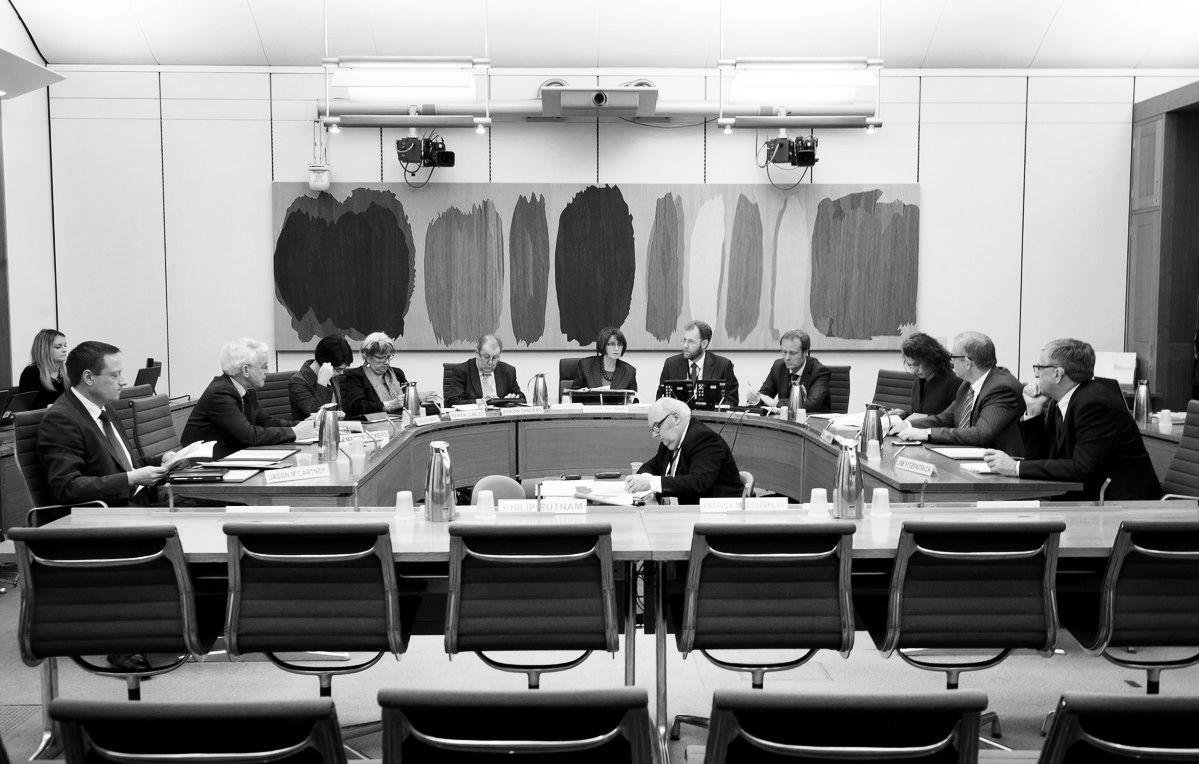
Listen to committee chairs talk about their work. This short film was produced for the 40th anniversary conference and features Maria Miller, Norman Lamb, Stephen Twigg, Pete Wishart, Tom Tugendhat and Meg Hiller talk about their experiences of chairing a committee.
This year’s Michael Ryle Memorial Lecture was given at the 40th anniversary conference by Dr Sarah Wollaston MP, Chair of the House of Commons Liaison Committee, on the theme of ‘The Good Committee’. Watch Dr Wollaston giving the speech here:
Michael Ryle was a House of Commons Clerk, serving from 1951 until his retirement in 1989, when he had reached the post of Clerk of Committees, in charge of the House's system of select committees. He founded the Study of Parliament Group in 1964 with political scientist Bernard Crick. Following his death in 2013, his life and work has been commemorated each year with a lecture on a current political theme.
Norman St John-Stevas, the then-Leader of the House of Commons, gives a speech commending the proposals for the establishment of departmental select committees in 26 June 1979.
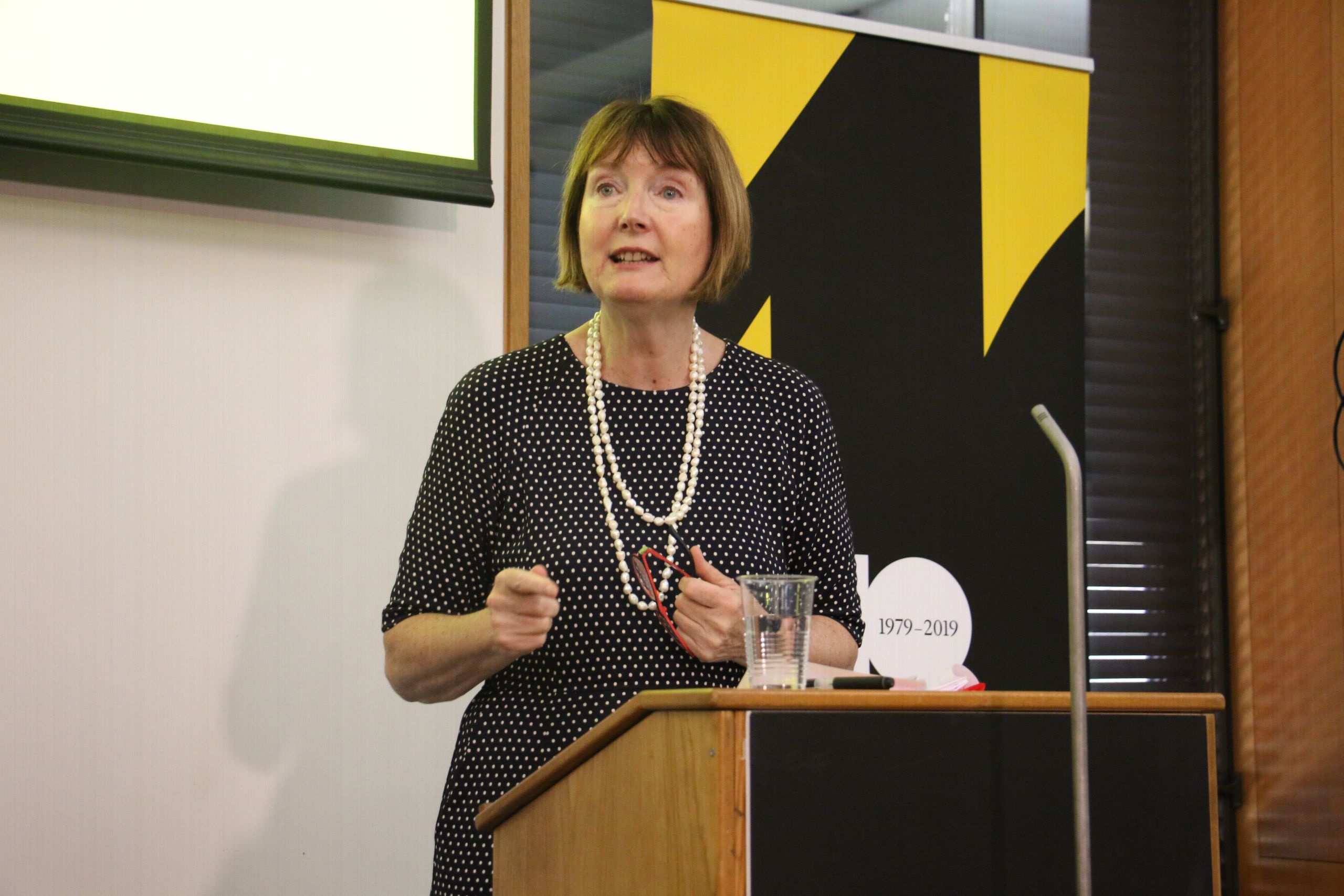
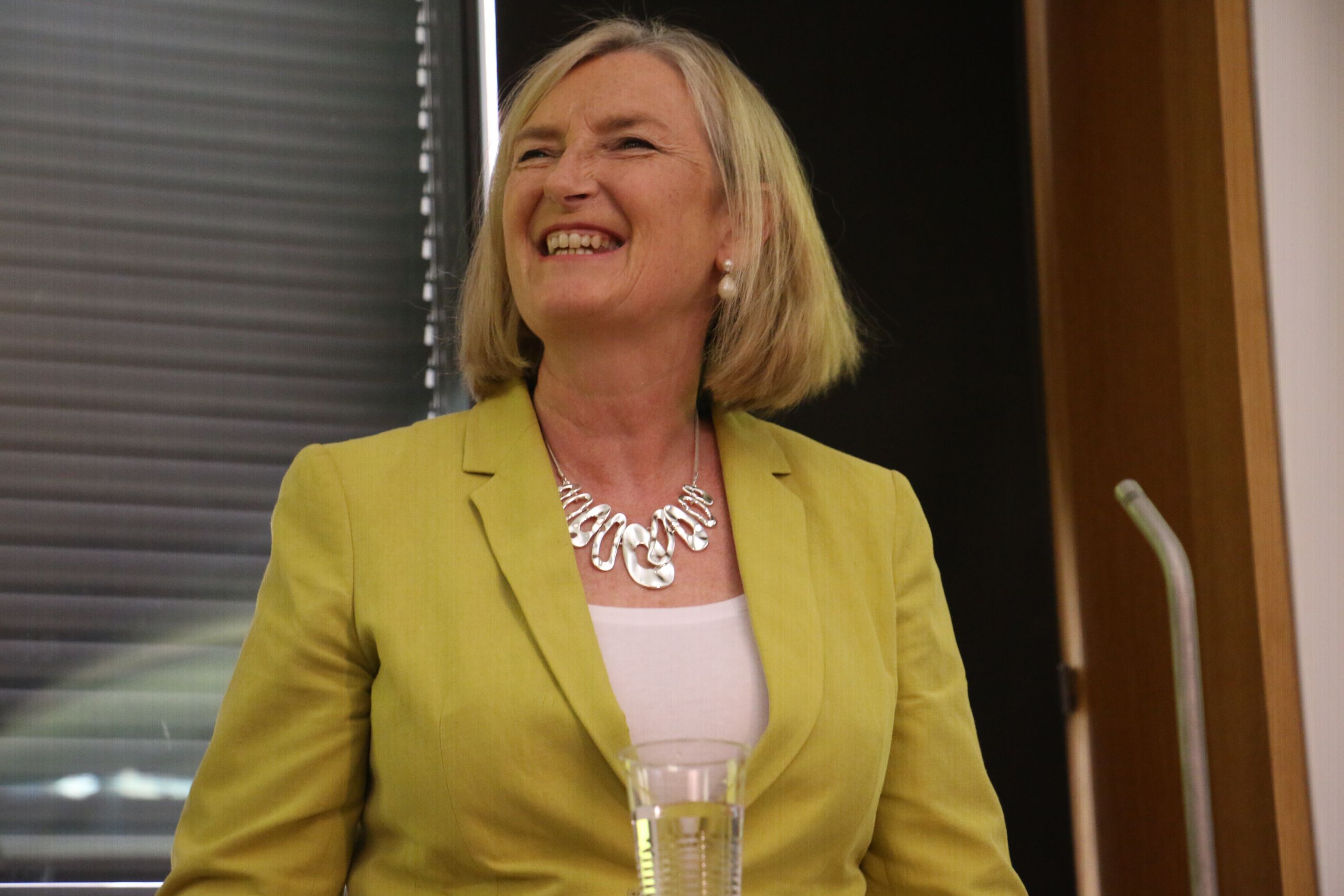
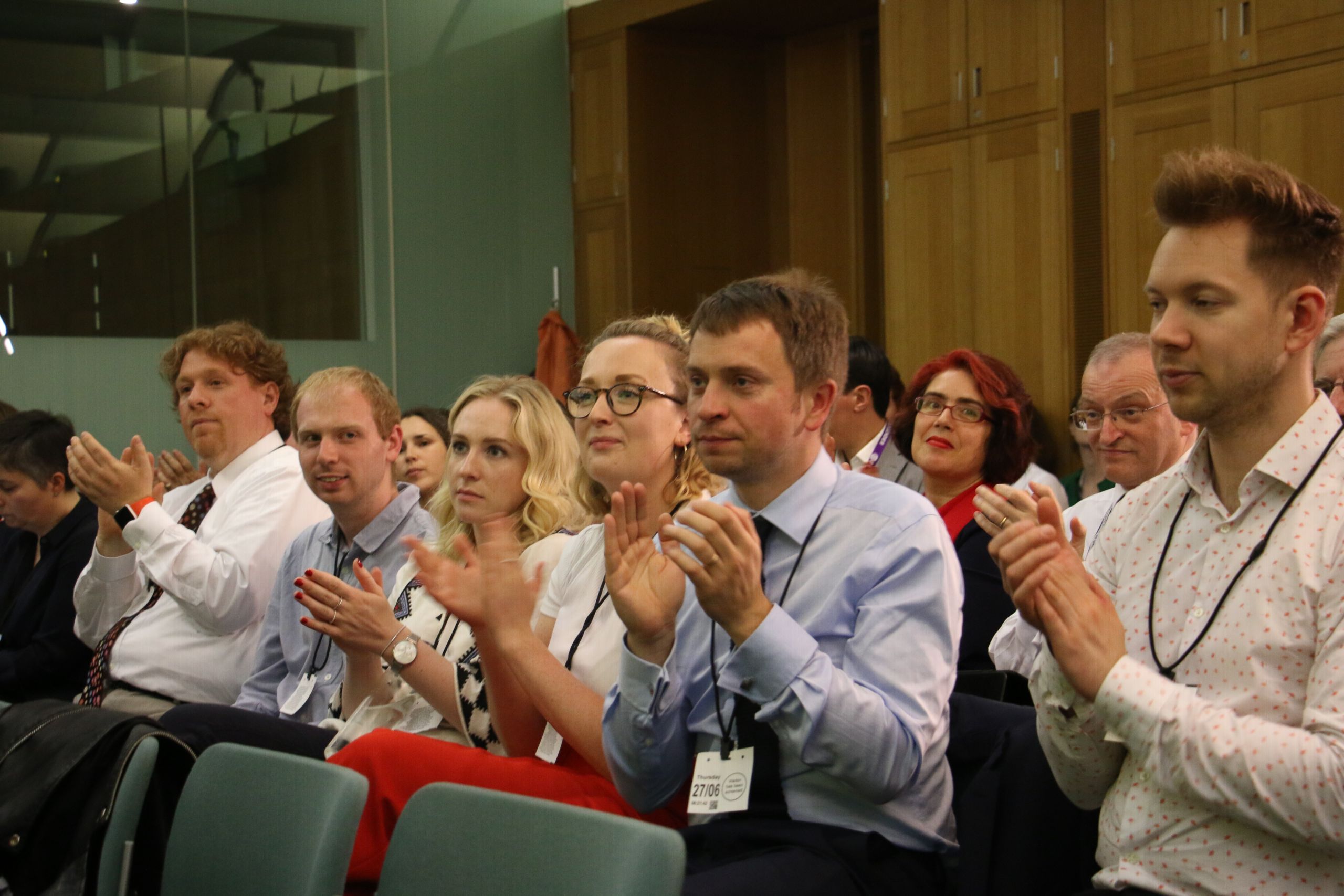
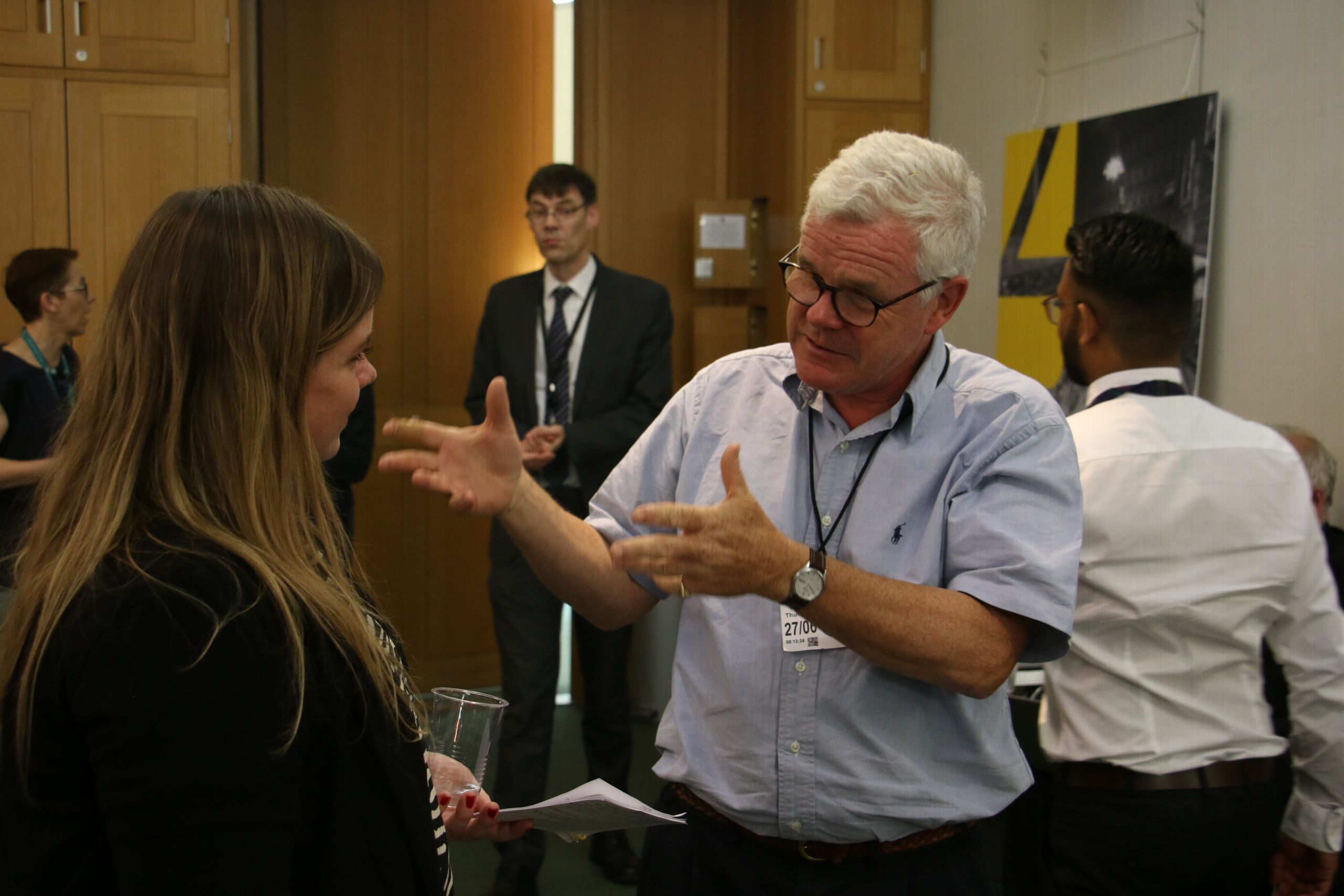
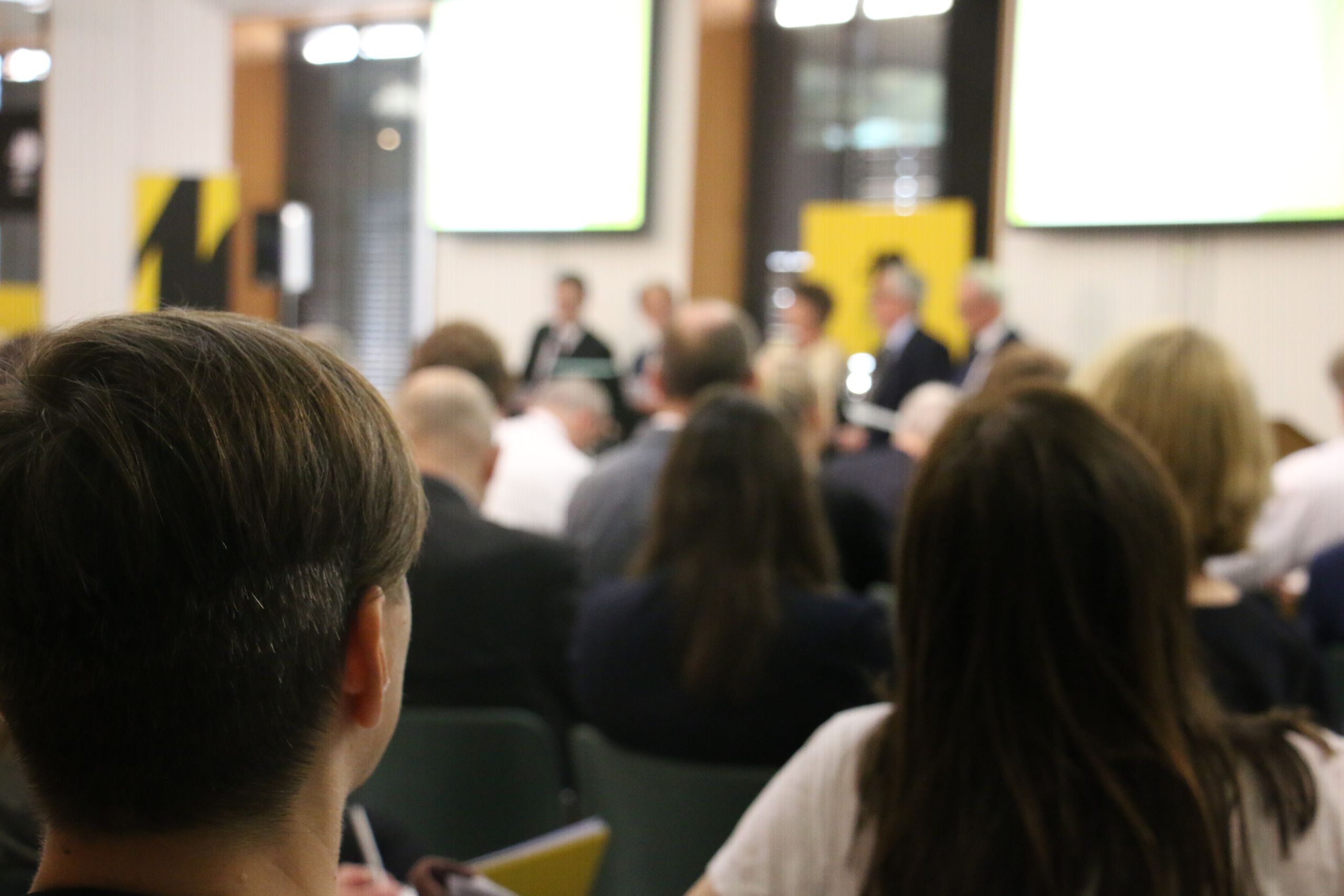
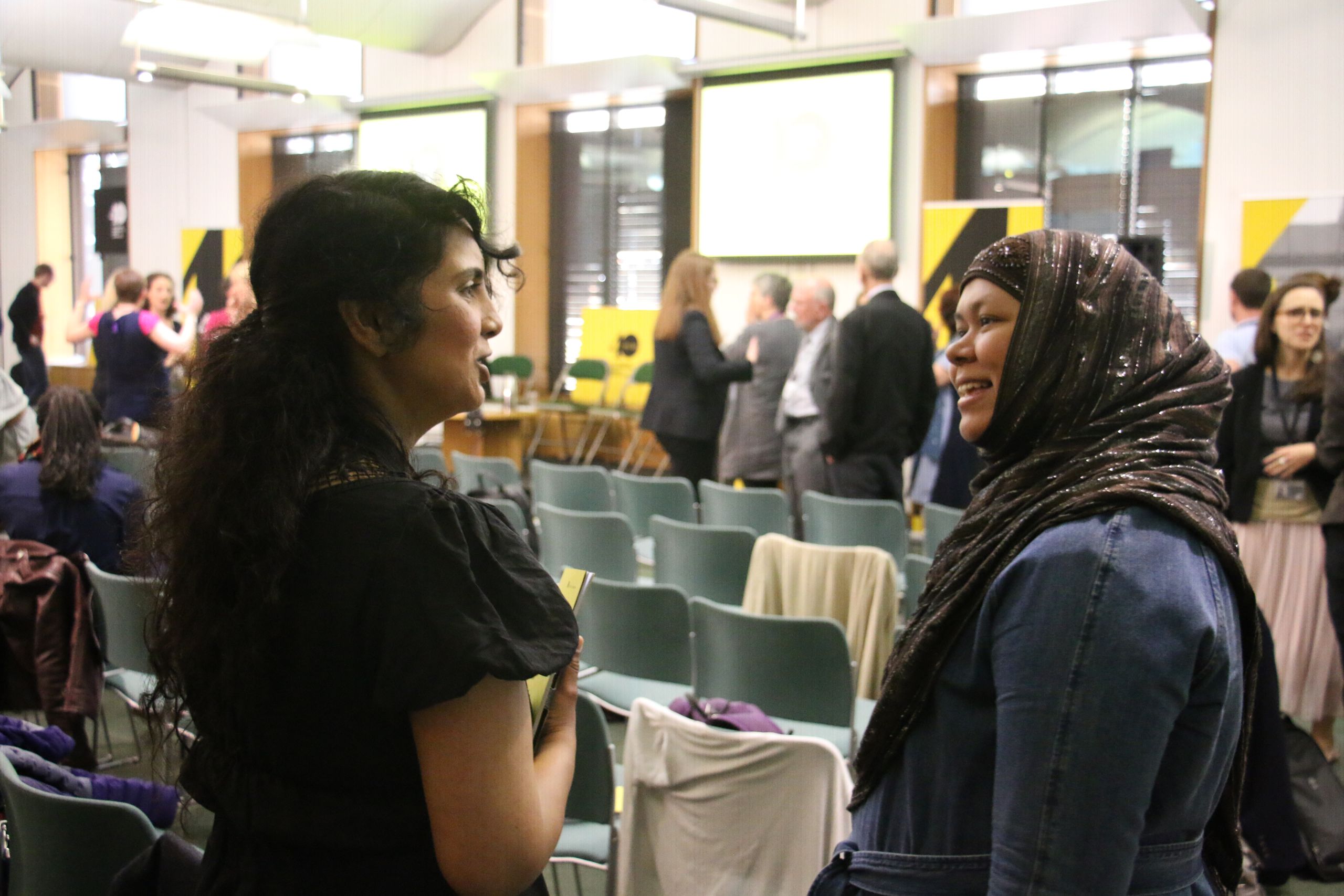
Posters
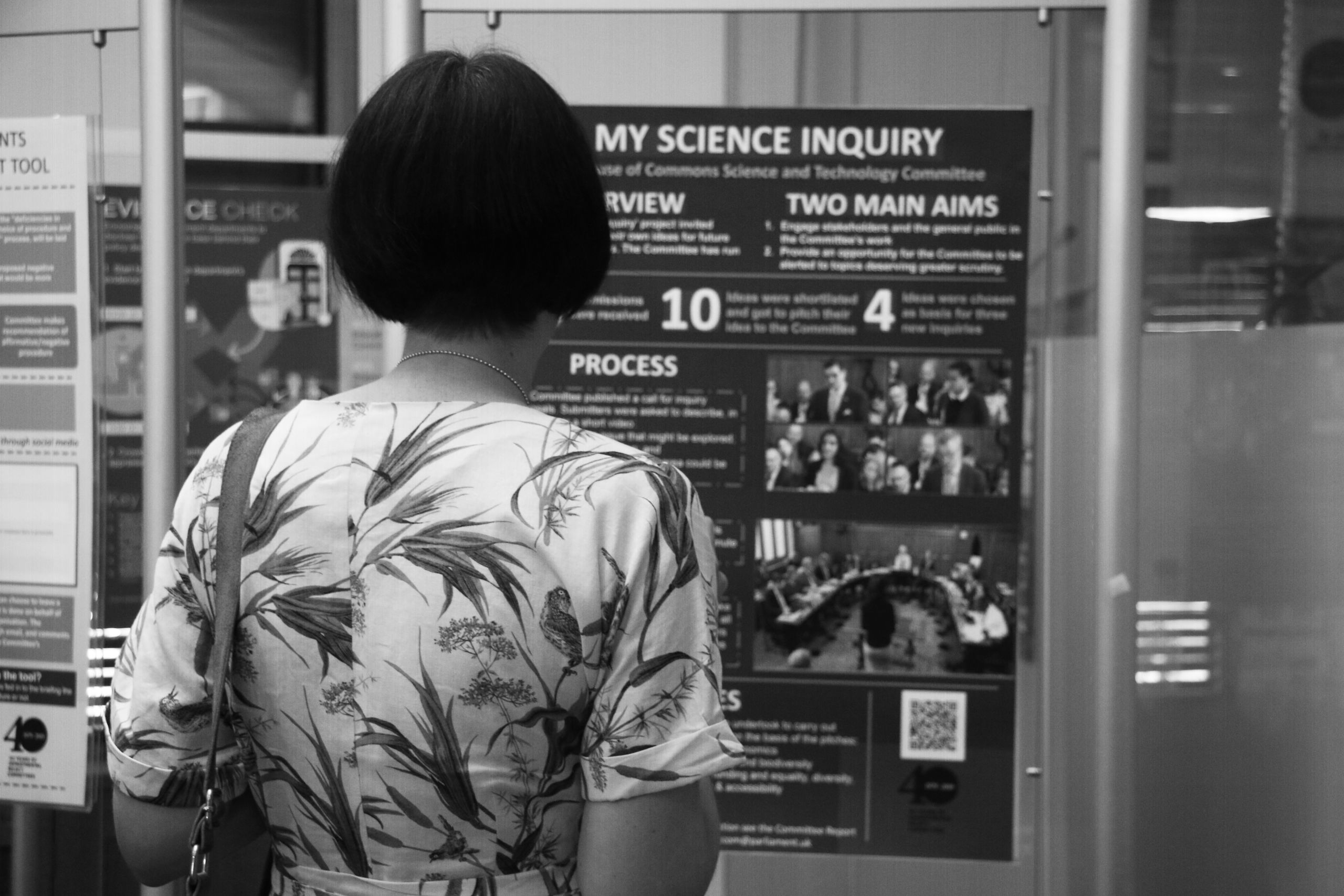
As part of the 40th anniversary celebrations, POST coordinated a poster competition to highlight innovation happening across committees. Committee Office staff got together to create these ten posters on the innovative ways that committees have scoped inquires, collected evidence, engaged with the public and more.
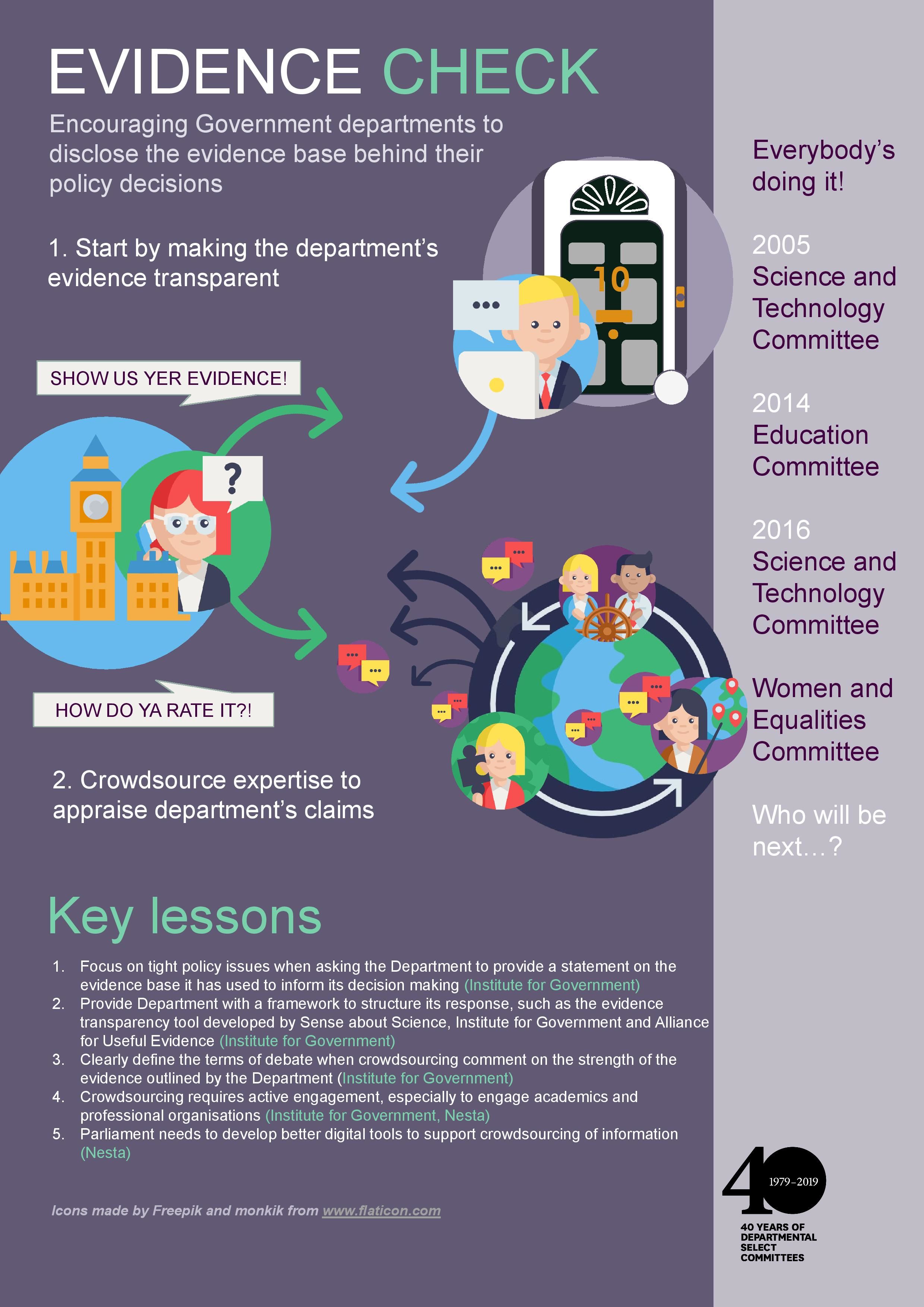
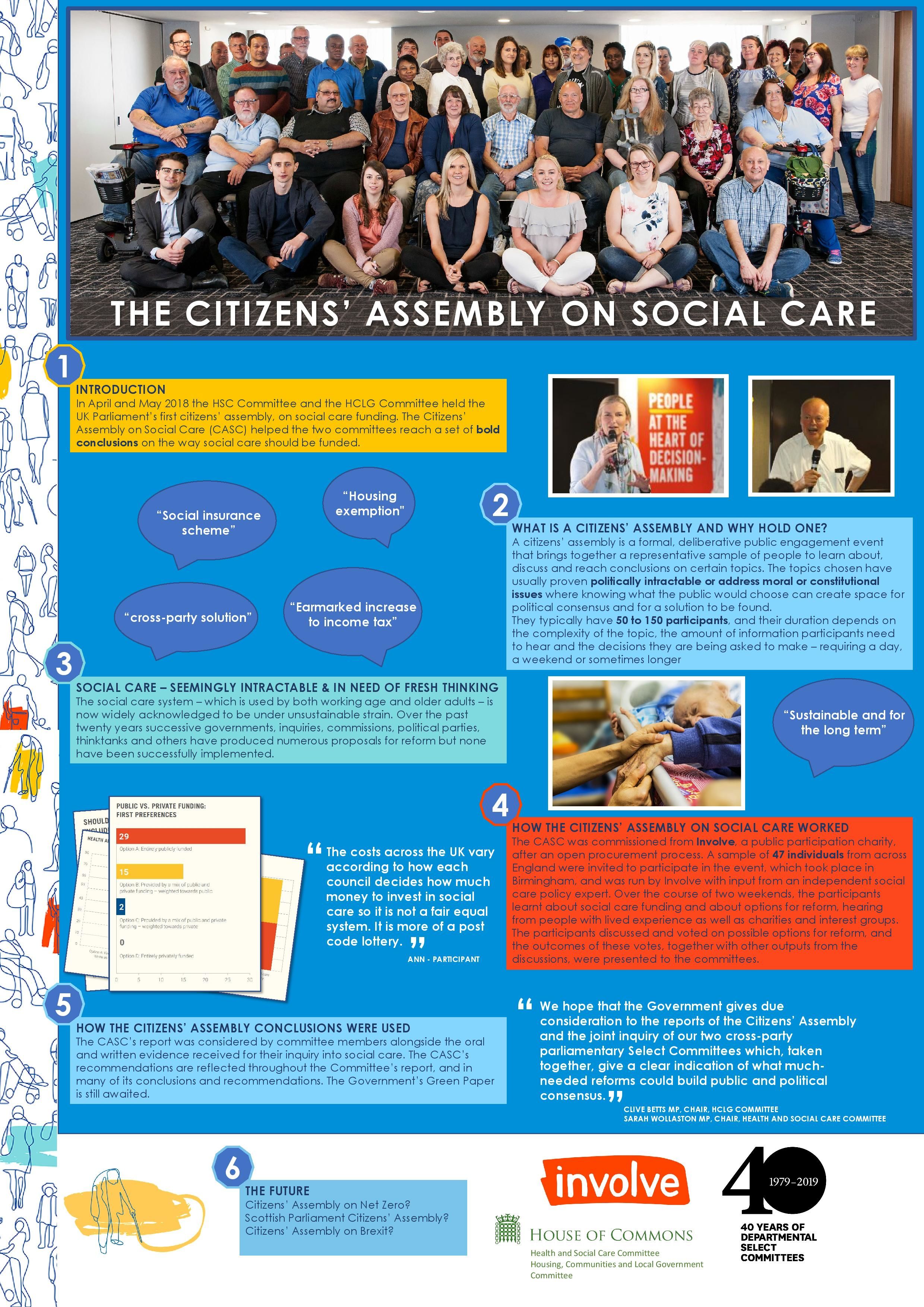
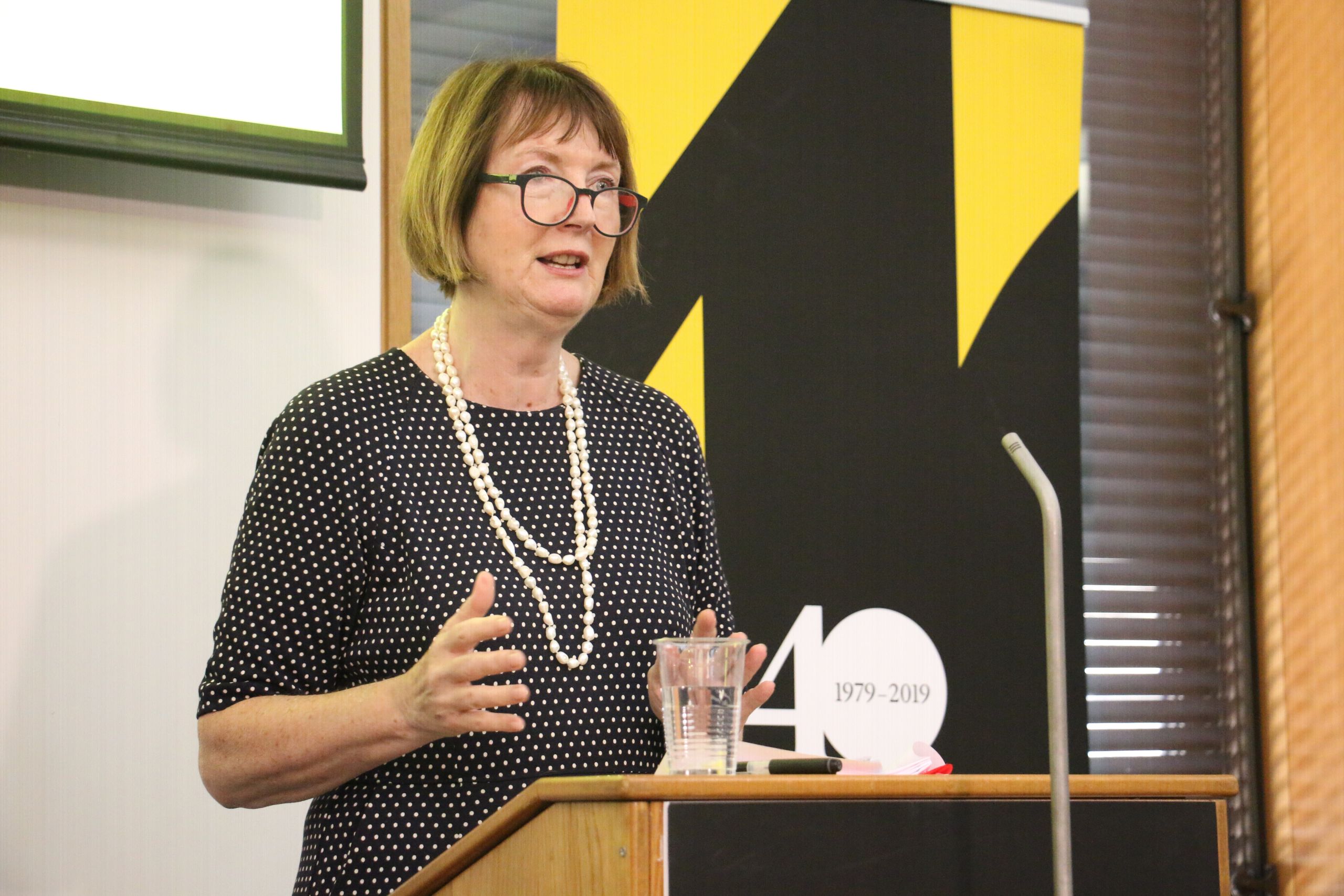
Thank you for your interest in the 40th Anniversary of departmental select committees. We will be continuing to celebrate the work of committees for the rest of the year so please check back for updates. If you would like to know more about the work of individual committees, please visit their web pages.
